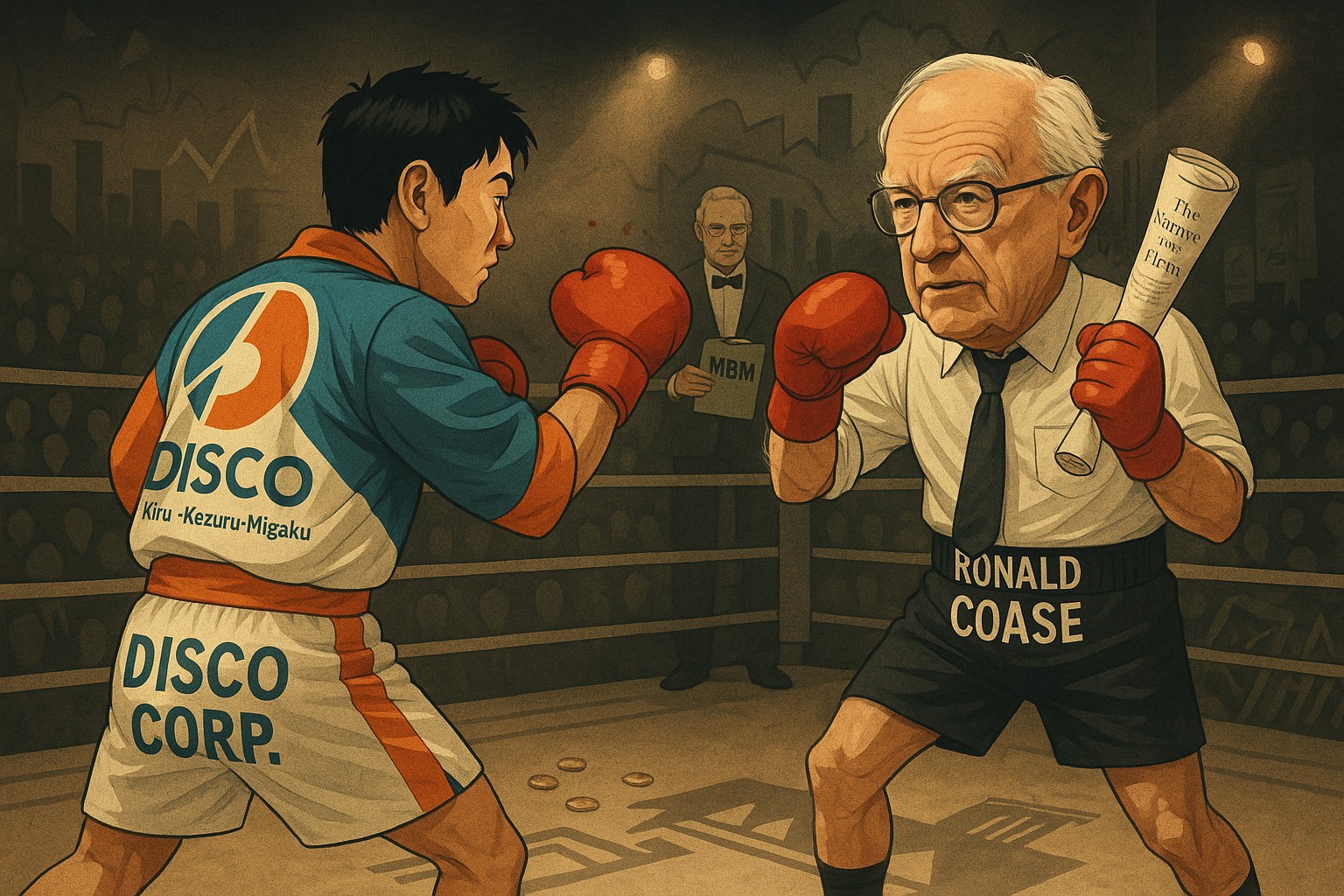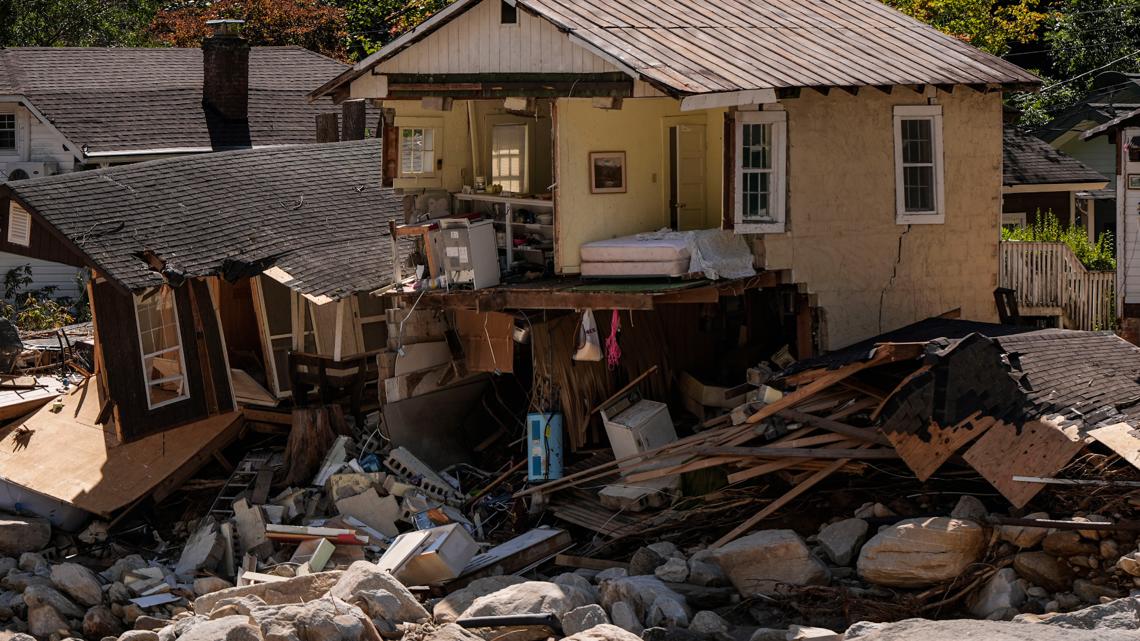The opening metaphor between books in Learnerville and drugs in our own society is more than skin deep. We can easily tweak the conditions of Learnerville to mimic different regime types. First, there’s full prohibition and criminalization as described previously. Second, decriminalization would sustain the locked building of books but eliminate the proactive efforts to arrest and punish book users. Third, a medicalization regime would effectively turn the locked building into a heavily regulated and controlled library, wherein only verified individuals had controlled access.
Carl Hart’s proposals should not be misconstrued as full-scale legalization. His policy pragmatism proceeds from the here and now. No one is trying to buy fentanyl, but the incentives of the black market are making it available, nonetheless. Still, the problem with fentanyl does not stem from its chemical properties but rather the conditions of ignorance surrounding it. Buyers don’t know that the drugs they are buying have fentanyl in them. If buyers did know, they’d still lack the experience and functional strategies to properly dilute it. Hart frames his reform proposals in terms of providing legal and predictable access for those substances that people actually want, alongside affordable resources for assuring and promoting safety, such as clean needle exchange programs and drug testing services.
In principle I applaud Carl’s inferences and efforts to promote these non-criminalized methods for assuring health and safety. I do harbor some unresolved questions about decriminalization, legalization, and medicalization. First, why should sober citizens support these proposals when drug users seem so entwined with the patterns of crime and homelessness that devalue and threaten safety in urban spaces? Furthermore, why should drug users trust government organizations and institutions suddenly pivoting towards decriminalization and medicalization given the historic track record of over-criminalization, militarized policing, and mass incarceration?
At heart, the problem with how society perceives and reacts to the challenges of drug use and abuse stem from deeply engrained cultural attitudes about intoxication and criminality. I don’t possess definitive proof or evidence of the potentials for my proposed drug regime alternative, but it does seem, at least to me, to be a natural extension of a consistently classical liberal vision of personal responsibility and the limits of the criminal law. We often underestimate the benefits of freedom, because many of the tangible expressions of created value have yet to be discovered. Liberalism errs on the side of freedom in the face of risk.
To progress beyond the status quo cultural animosities surrounding drugs, I propose the need for some form of market-based regime. The books of Learnerville should be bought and sold in a marketplace, where businesses compete to drive down costs and increase product and service qualities. Businesses are governed by law, industrial standards, and contractual liability. The varied tastes, preferences and needs of consumers are met with a diverse variety of books and complementary services. Over time, successful companies and brands earn trust and society learns new and preferable ways to interact with what’s for sale.
We don’t have the same socio-cultural hang ups surrounding alcohol, caffeine, or nicotine and we are thankfully moving fast in a similar direction with cannabinoids. Carl Hart is not a radical free market economist, so it’s no surprise that he doesn’t emphasize the potentials of open commerce. All goods and services, including drugs, when they are made, sold, bought and consumed, are forms of distilled knowledge. Market behaviors communicate the relative evaluations of the real people involved in their transactions. Our individual pursuits of happiness depend upon knowledge, and knowledge depends upon free communication, and free processes of trade and exchange are the ultimate sources of knowledge transmission in a complex and diverse society.
We need more than to just decriminalize drugs. We need a market context so that responsible adults, entrusted with the opportunity to buy and consume potentially dangerous goods and services, may learn the most effective and welfare enhancing patterns of use and consumption. We need a market for drugs.
Daniel J. D’Amico is the Director of the Stephenson Institute for Classical Liberalism and an Affiliated Associate Professor of economics at Wabash College.
















